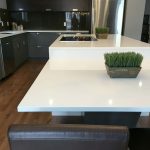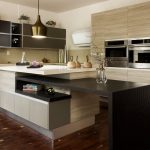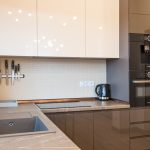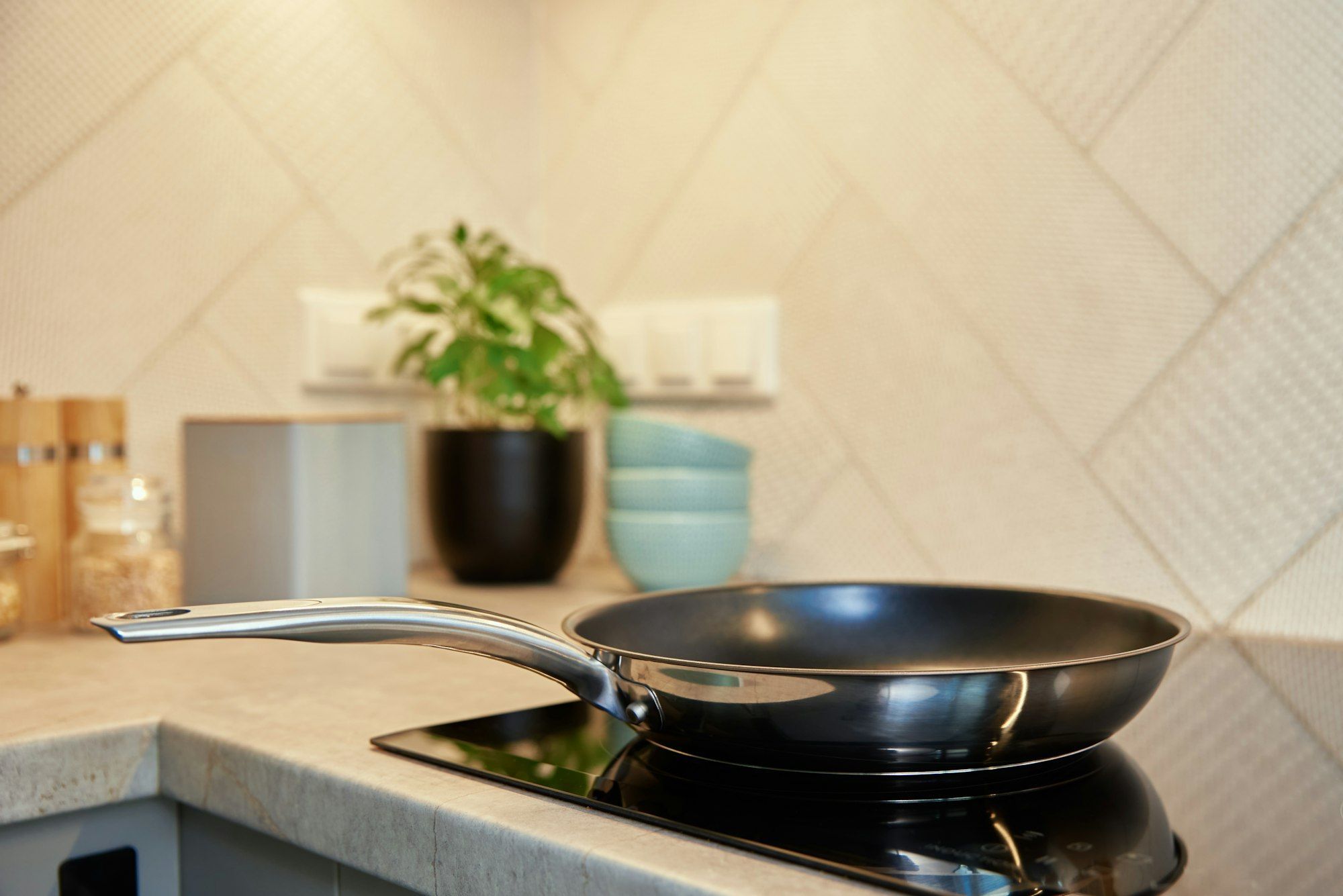A revolution is simmering in kitchens across the UK, as induction hobs are increasingly becoming the cooking method of choice. The induction hob, a sleek, modern alternative to traditional gas and electric cooktops, has seen a surge in popularity. But what exactly are induction cooktops, and what advantages do they offer you? In this article, we will explore the operation of induction hobs, their energy efficiency, design, and control elements. We will also delve into the compatibility of induction cooktops with various types of cookware, and the impact this could have on your kitchen setup.
Unravelling the Mystery: How Induction Hobs Work
While gas stoves use flame and electric stoves utilise heated coils, induction hobs work on a different principle entirely. An induction cooktop uses induction technology, where an electromagnetic field directly heats the pan, leaving the hob surface comparatively cooler. It is important to note that not all cookware is compatible with induction hobs; your pots and pans must be made of ferrous metal, that is, metals that contain iron, such as stainless steel or cast iron.
In parallel : What are the advantages of a dual fuel range for home chefs?
The use of magnetic fields in induction cooking allows for a level of control over the temperature and heat distribution that is unparalleled in other types of stoves. This precision can greatly enhance your cooking experience, making it easier to achieve perfect results every time.
The Power of Efficiency: Induction Cooking and Energy Usage
One of the most compelling benefits of induction cooktops is their high energy efficiency. In fact, induction hobs are the most energy-efficient cooktops available, converting almost 90% of the electrical energy they use into heat for cooking. In contrast, gas stoves only convert about 50%, while electric hobs have a conversion rate of around 70%.
Additional reading : What are the advantages of a dual fuel range for home chefs?
This superior energy efficiency can result in significant savings on your electricity bills, making the induction hob an economically savvy choice. Besides, using less energy also means lower carbon emissions, which is a positive step towards a more eco-friendly kitchen and a sustainable lifestyle.
Sleek and Modern: The Aesthetic Appeal of Induction Cooktops
Induction hobs are not just functional, they are also incredibly stylish. They boast a sleek, modern design that can seamlessly fit into any kitchen aesthetic. Unlike gas and electric stoves, with their protruding burners or coils, induction cooktops have a flat surface that can easily be wiped clean.
Additionally, most induction hobs come in elegant black or white glass, adding a touch of luxury to your kitchen. The minimalist design, combined with the technological prowess of induction cooking, creates a cooktop that is as beautiful as it is practical.
In Control: Precision Cooking with Induction Hobs
Yet another advantage of induction cooktops is the control they offer over your cooking. With induction hobs, you can adjust the cooking temperature with absolute precision. The induction technology allows for instant heat changes, unlike electric stoves that take a while to heat up or cool down.
This responsive temperature control makes induction cooktops ideal for tasks that require precise heat levels, such as simmering delicate sauces or melting chocolate. The power and precision of induction cooking can take your culinary skills to new heights.
Cookware Considerations: Pots and Pans for Induction Cooking
While induction hobs offer a slew of advantages, it’s essential to remember that not all cookware will work with them. Pots and pans must be made from a magnetic material, such as cast iron or some types of stainless steel.
This requirement can initially seem limiting, especially for anyone with a kitchen full of non-compatible cookware. However, many manufacturers now produce a range of induction-friendly pots and pans, so it’s never been easier to make the switch. Plus, using the right cookware on an induction hob can enhance your cooking, as these materials typically provide excellent heat distribution.
In summary, induction cooktops are a modern, energy-efficient, and stylish addition to any kitchen. They offer unprecedented control over your cooking and can potentially save you money on energy bills. With these benefits in mind, it’s no wonder that more and more UK homeowners are choosing induction hobs for their kitchens.
Safety and Noise: Additional Advantages of Induction Cooktops
The benefits of Induction cooktops go beyond aesthetics, energy efficiency, and precise temperature control. Two other advantages that demand attention are safety and noise level.
Induction hobs are a safer choice than their counterparts. Firstly, there’s no open flame as in gas stoves, immediately reducing the risk of fire and burns. Secondly, the induction hob’s surface remains substantially cooler, minimizing the chance of scalding. The heat is transferred directly to the cookware, and once you remove the pan, the hob begins to cool down instantly.
Also, the risk of gas leaks associated with gas hobs is eliminated, making induction cooktops ideal for homes with children and elderly people. The safety lock feature found in most models prevents unintentional changes in temperature or switching off the hob.
In addition to safety, induction cooktops offer a quieter cooking experience. Unlike gas or electric stoves, they produce virtually no noise whilst operating. The only sound you might hear is a slight hum or buzz when using high power settings, which is barely noticeable. This can significantly enhance your comfort level while cooking, especially in open-plan kitchens where noise is readily amplified.
The Future of Cooking: Induction Hobs
The future of home cooking lies in induction cooktops. Their myriad benefits – energy efficiency, sleek design, precise temperature control, safety, and whisper-quiet operation, among others – make them an increasingly attractive choice for UK homeowners.
However, like any appliance, induction hobs aren’t without their limitations. The need for specific pots and pans compatible with induction cooking could mean an initial extra investment. Yet, with more manufacturers producing induction-friendly cookware, prices are becoming more affordable.
Furthermore, the induction hob’s benefits far outweigh its limitations. The energy savings, coupled with safety features and enhanced cooking control, provide significant long-term value. It’s clear that the induction hob isn’t just a passing trend – it’s a kitchen revolution that’s here to stay.
In summary, induction cooktops are a revolutionary kitchen appliance that provides incomparable practicality and efficiency. With the promise of superior functionality, precision, and design, they are undoubtedly the future of home cooking. UK homeowners are recognizing these benefits, with induction hobs becoming an increasingly popular choice in modern kitchens. With this in mind, it’s no surprise that the induction hob is leading the culinary charge into the future, simmering with potential and ready to transform our cooking experiences for the better.






